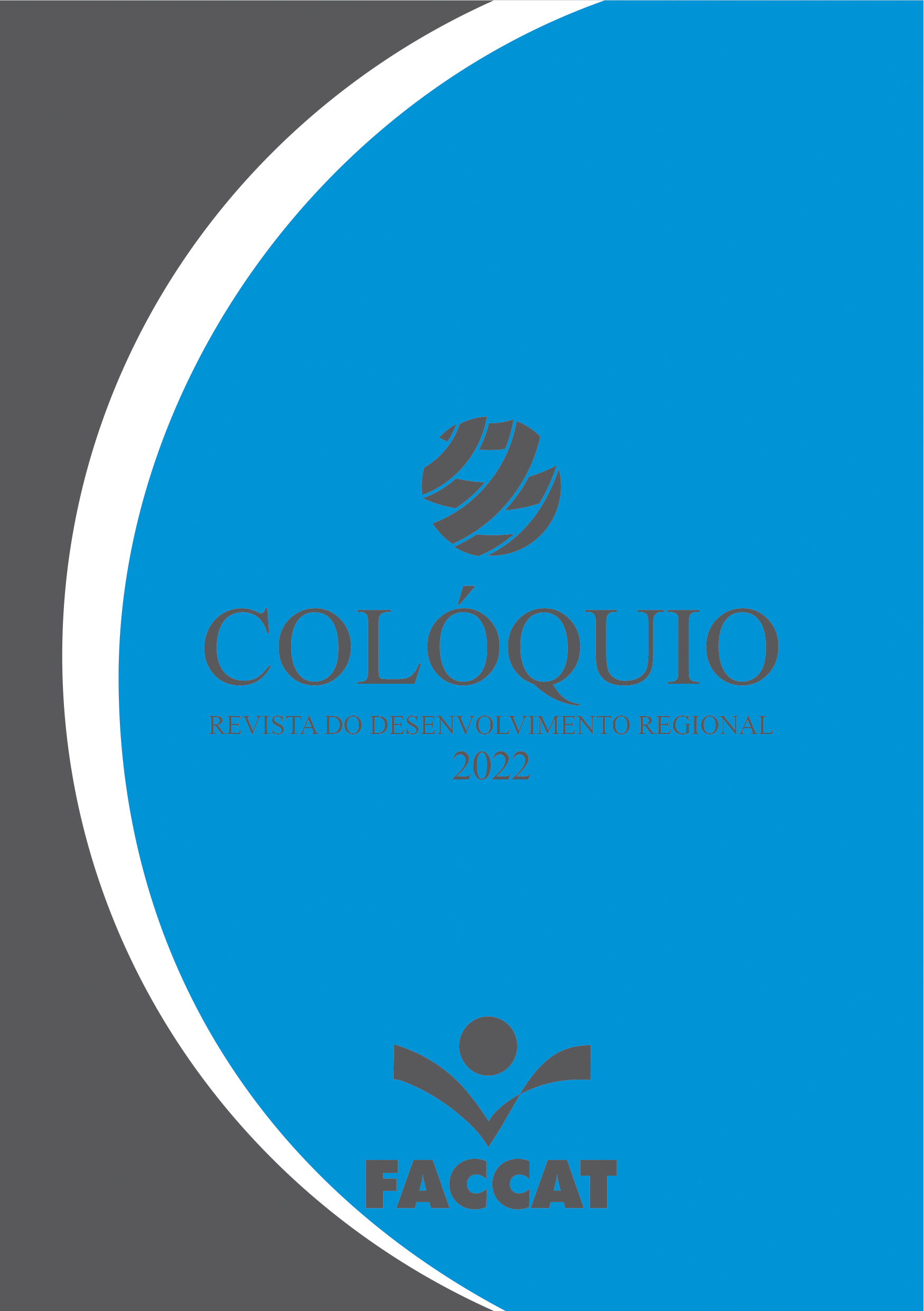Sustainable production and consumption: the role of the agents involved in family farming
DOI:
https://doi.org/10.26767/coloquio.v19i4,%20out./dez..2554Resumen
Family farming is an activity that goes beyond production to involve the distribution, marketing, and food consumption. It is important to recognize the roles of agents who contribute to the success of the activity, but are not always seen as part of the process. This research aims to discuss the roles of agents involved in family farming from the perspective of the Sustainable Development Goals (SDGs) of the United Nations, taking into account social, environmental, and economic factors. Qualitative research was carried out based on semi-structured in-depth and focus group interviews. The research involved 62 family agriculture agents in 16 municipalities in the state of Rio Grande do Sul, southern Brazil. Data are presented from content analysis and descriptive statistics. The results pointed out the main roles of the agents: producing food, feeding the population, and continuing agricultural activities. The activities performed by the agents can be categorized into planning, process, and monitoring. Planning was considered the most important aspect of family farming activities, in addition to the implementation of SDG 12, which addresses sustainable production and consumption.







